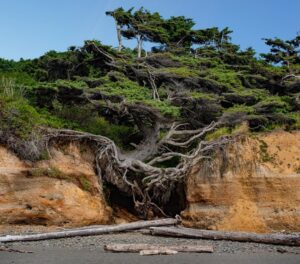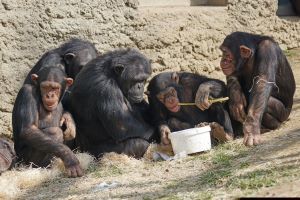The Amazon Rainforest, often referred to as the “lungs of the Earth,” is a rich mosaic of biodiversity and ecosystems. Here are 25 compelling facts about this magnificent natural wonder that highlights its importance, beauty, and the urgent need for its preservation.
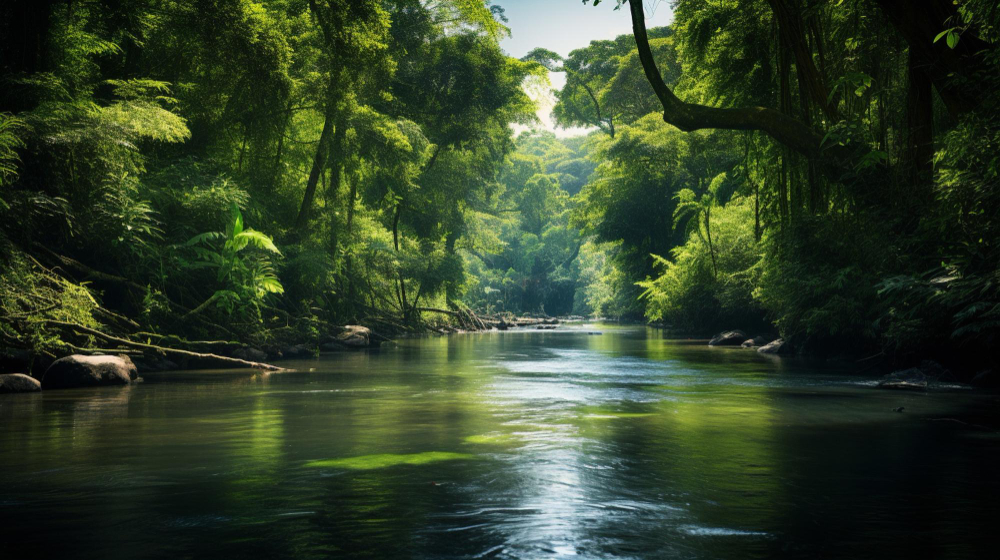 Pin
Pin Image by: Freepik.com
Table of Contents
1. It's Immensely Vast
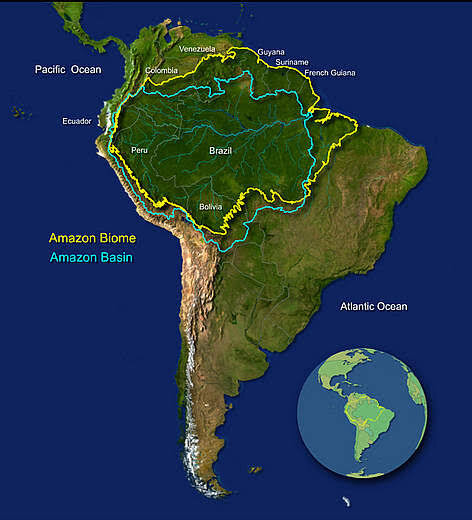 Pin
Pin Image by: Drishti IAS
The Amazon Rainforest, exceeding 5.5 million square kilometers, extends through nine nations, predominantly within Brazil. Its immense vastness showcases the earth’s richness and biodiversity, holding countless species and ecosystems crucial for global health and climate regulation. This natural marvel symbolizes both beauty and ecological significance.
2. A Biodiversity Hotspot
 Pin
Pin Image by: rainforest-alliance
The Amazon, planet’s top biodiversity hotspot, houses around 10% of global known species. This rainforest is a living treasure, teeming with myriad plants, animals, and ecosystems, underlining its critical role in maintaining Earth’s biodiversity. Its vastness and variety are vital for ecological balance and conservation efforts.
3. River of Life
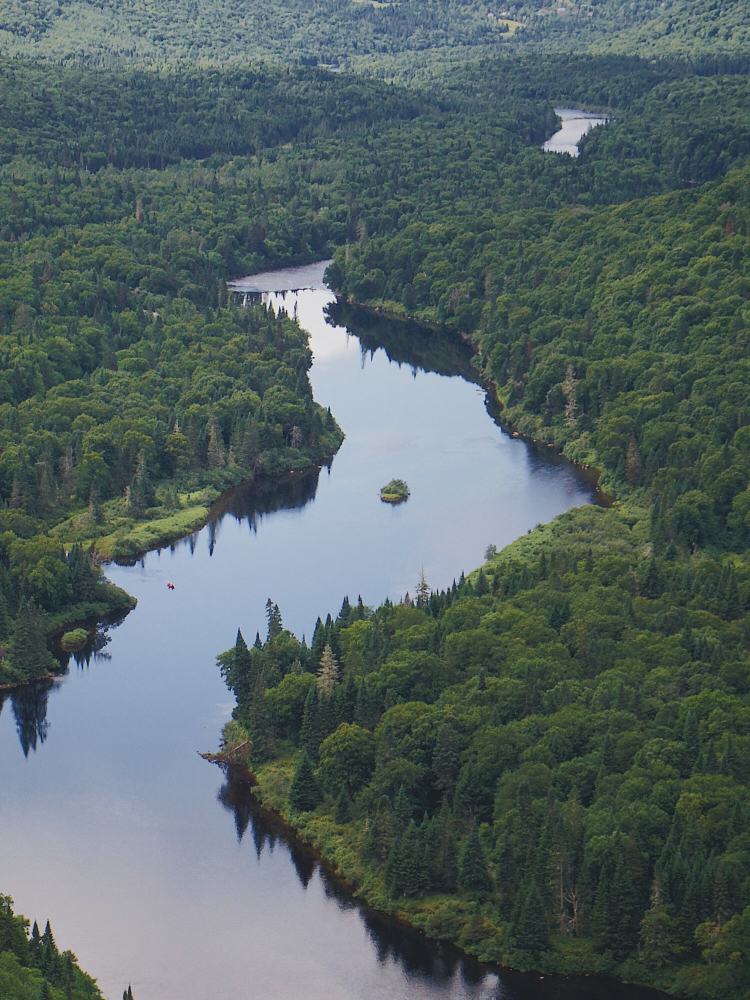 Pin
Pin Image by: wirestock
The Amazon River, vital to the rainforest’s existence, stands as the world’s second-longest and leads in waterflow. It nourishes an intricate ecosystem, supporting countless species and indigenous communities. This “River of Life” not only shapes the geography but also anchors the biodiversity and culture of the region.
4. Carbon Sink Powerhouse
 Pin
Pin Image by: Freepik
The rainforest emerges as a formidable carbon sink, playing a crucial part in absorbing carbon dioxide. This natural process is key in combating climate change, highlighting the rainforest’s significance beyond its biodiversity. Its vast green expanse acts as the planet’s lungs, crucial for global ecological stability.
5. Phenomenal Plant Diversity
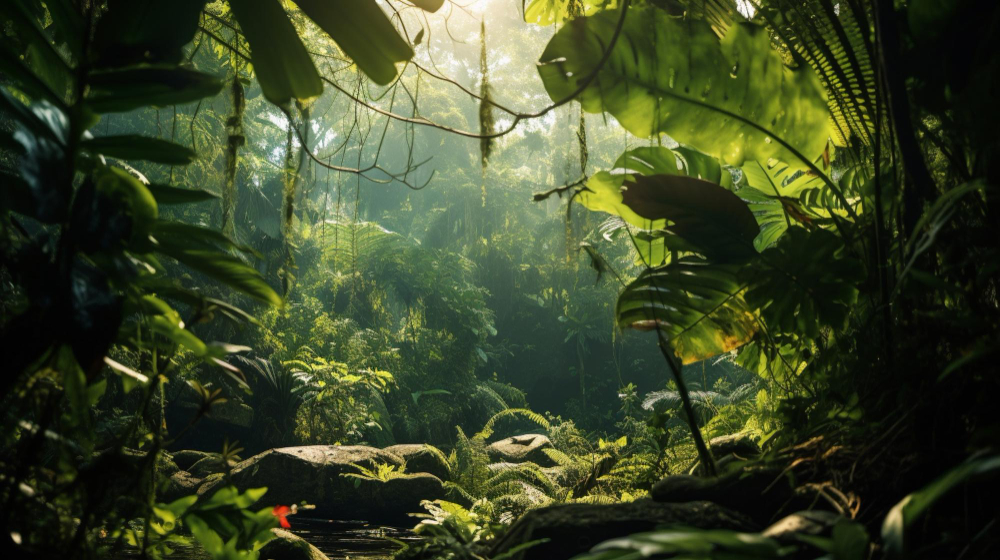 Pin
Pin Image by: frimufilms from Freepik
Home to over 80,000 plant species, the rainforest boasts phenomenal biodiversity, with approximately 40,000 species endemic to the region. This unparalleled plant diversity underscores the area’s global importance for conservation and scientific research, offering a treasure trove of unique flora awaiting discovery and study.
6. Unrivaled Animal Habitat
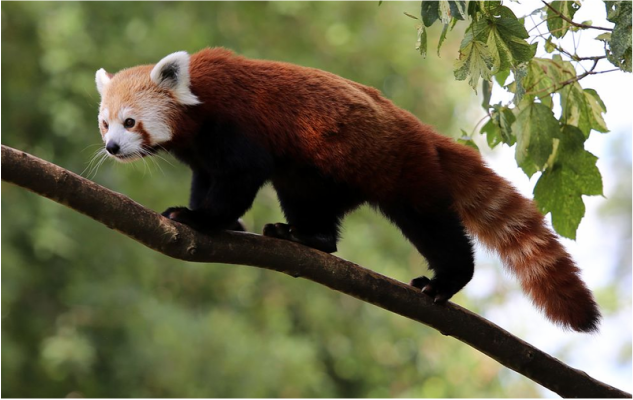 Pin
Pin As an unrivaled animal habitat, the rainforest houses 2.5 million insect species, over 2,200 fish species, more than 1,300 bird species, and upwards of 430 mammal species. This rich tapestry of life makes it a critical sanctuary for biodiversity, with countless species coexisting in complex, interdependent ecosystems.
7. The Lungs of Our Planet
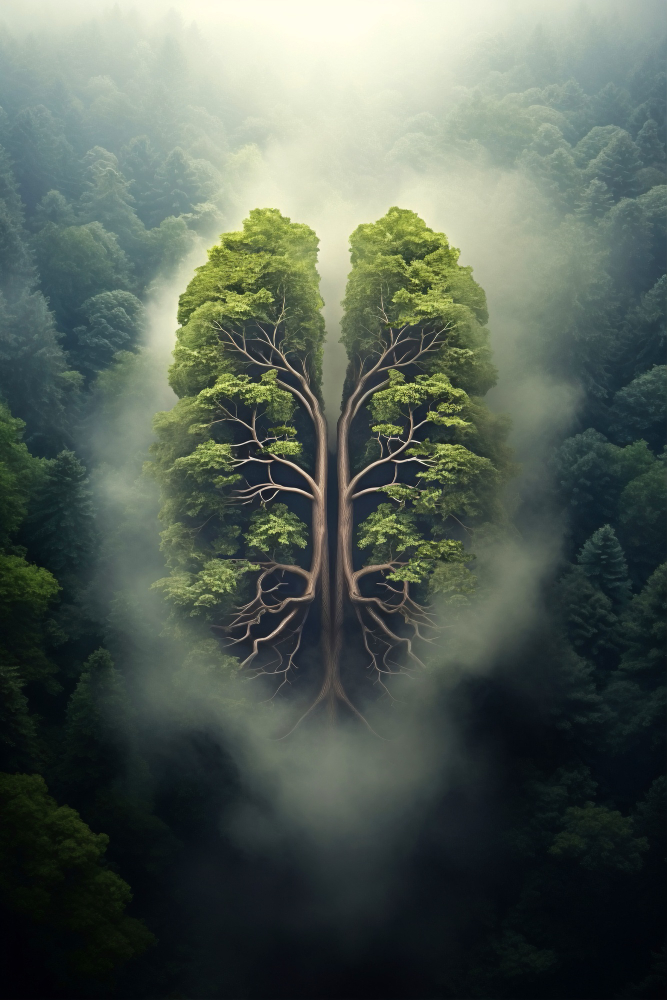 Pin
Pin Image by: Weebly
Dubbed “the lungs of the Earth,” the Amazon Rainforest plays a crucial role in our planet’s health, producing about 20% of the world’s oxygen. This immense biological engine not only sustains diverse ecosystems but also plays a pivotal part in global oxygen production, highlighting its importance in combating climate change.
8. River Dolphins Abound
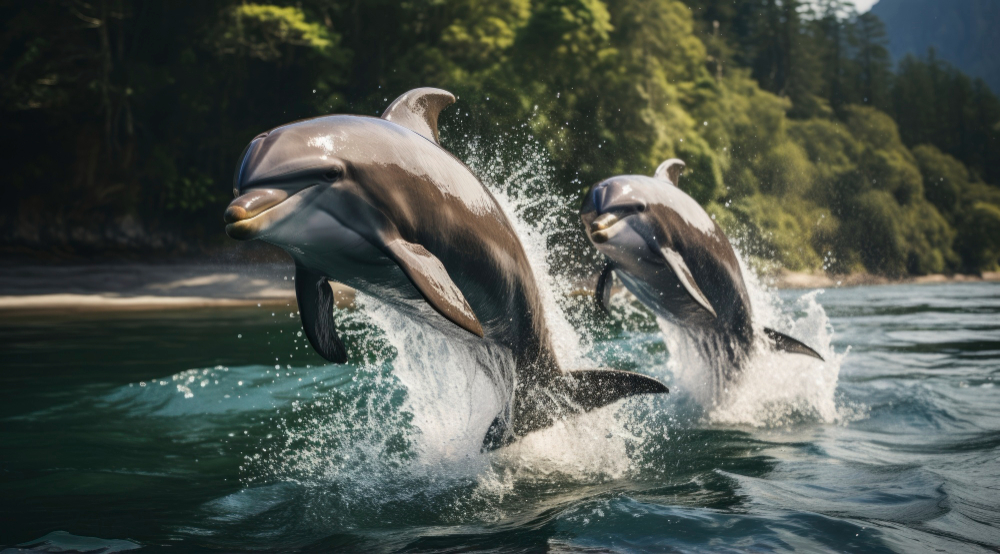 Pin
Pin Image by: Freepik
The Amazon stands out as one of the rare habitats where freshwater dolphins thrive. These river dolphins, with their distinctive appearance and behaviors, underscore the Amazon’s unique biodiversity. Their presence highlights the ecological richness of the river and its crucial role as a haven for rare and specialized species.
9. Uncontacted Peoples
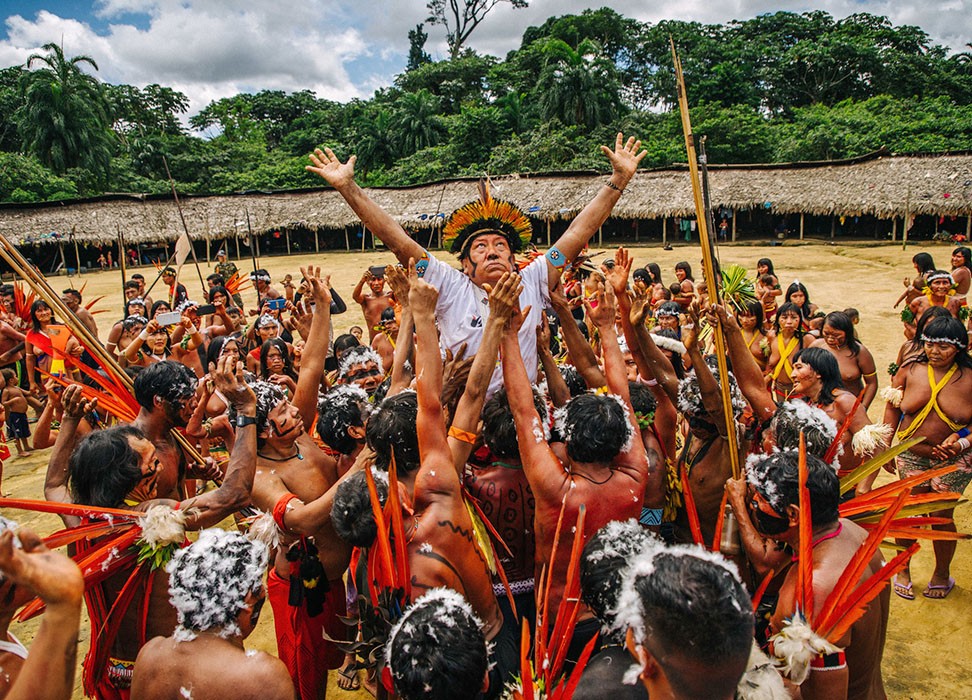 Pin
Pin Image by: ohchr
The Amazon, a vast wilderness, is home to an estimated dozens of uncontacted tribes, living in voluntary isolation from the modern world. These tribes represent some of the last vestiges of human societies untouched by global civilization, underscoring the Amazon’s profound cultural diversity and reminding us of the myriad ways of human existence.
10. A Pharmacy Within a Forest
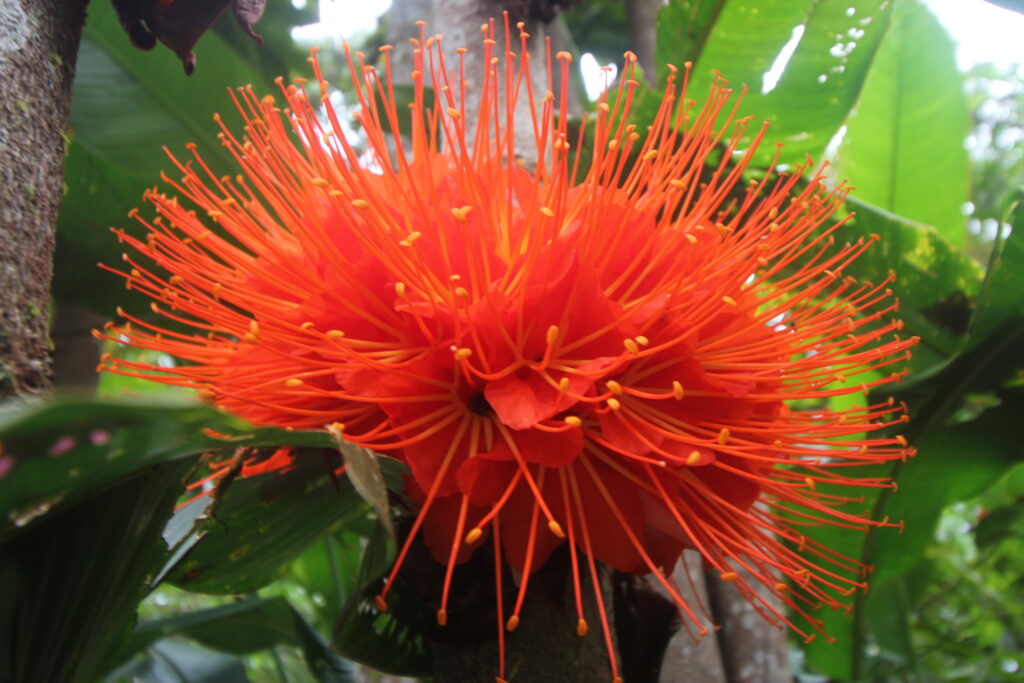 Pin
Pin Image by: Amazon Learning
The Amazon Rainforest, often dubbed “a pharmacy within a forest,” underlines a significant potential for medical discovery. While about 25% of Western medicines originate from rainforest components, scientists have explored less than 1% of its flora for pharmaceutical properties. This untapped resource highlights the Amazon’s immense, yet underexplored, contributions to modern healthcare.
11. Rapid Deforestation Rates
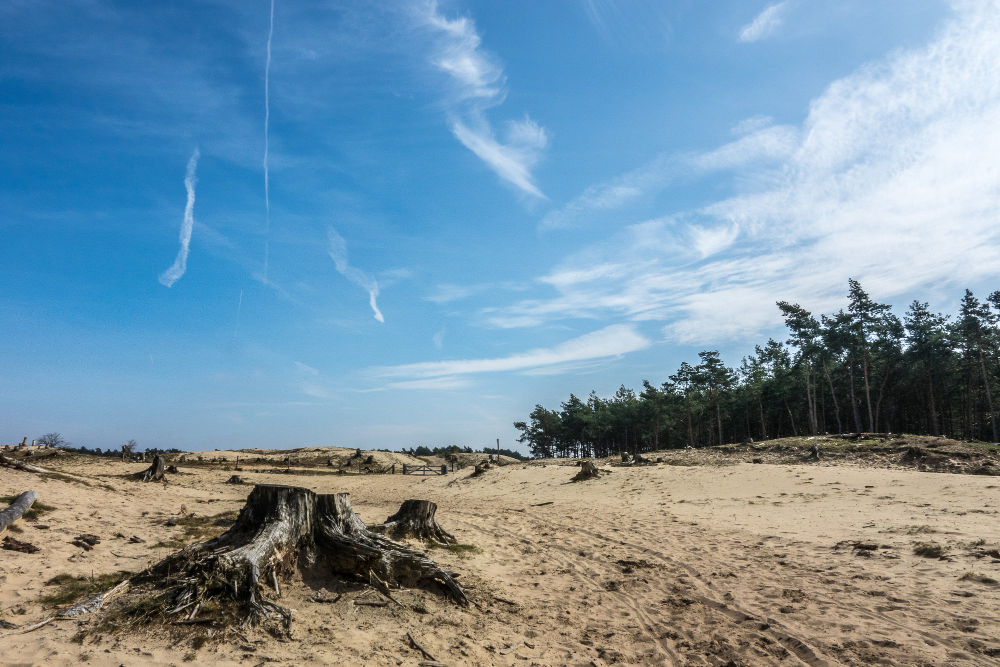 Pin
Pin Image by: Wirestock from Freepik
The Amazon, crucial for global ecology, faces rapid deforestation, primarily from logging, agriculture, and cattle ranching. This alarming trend not only threatens biodiversity but also the rainforest’s vital role in carbon storage and oxygen production, emphasizing the urgent need for sustainable practices to protect this invaluable ecosystem.
12. Rich Cultural Diversity
 Pin
Pin Image by: openDemocracy
The Amazon boasts rich cultural diversity, sheltering 400-500 indigenous tribes, each preserving unique languages, cultures, and traditions. This mosaic of communities highlights the Amazon’s human heritage, reflecting millennia of adaptation and knowledge closely intertwined with the forest’s ecosystem.
13. Mighty Predators and Gentle Giants
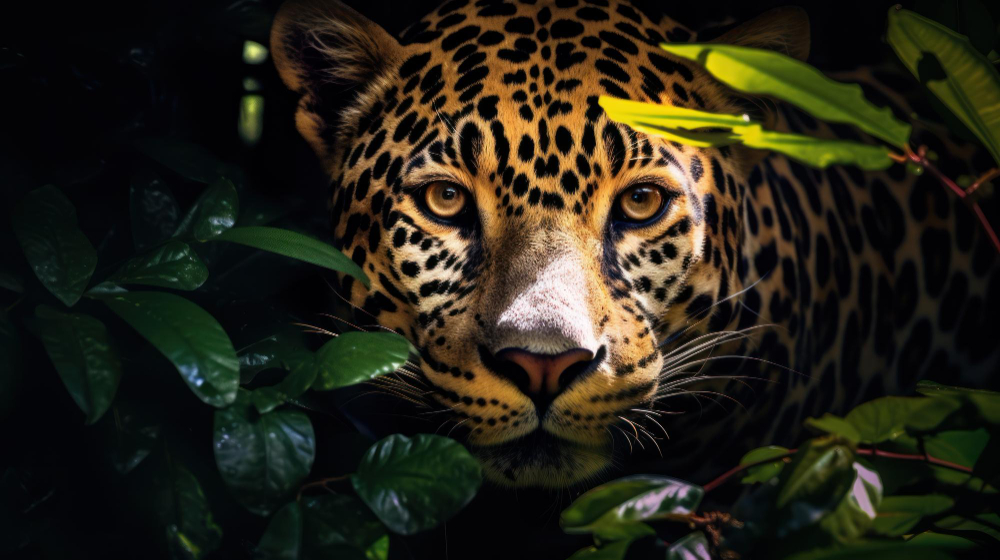 Pin
Pin Image by: maniacvector from Freepik
In the Amazon’s lush expanse, the majestic jaguar reigns as South America’s top predator, an emblem of strength and agility. Alongside, the gentle Amazonian manatee glides through waters, epitomizing the rainforest’s gentle side. These creatures underscore the Amazon’s role as a sanctuary for both mighty predators and serene giants.
14. Incredible Insects
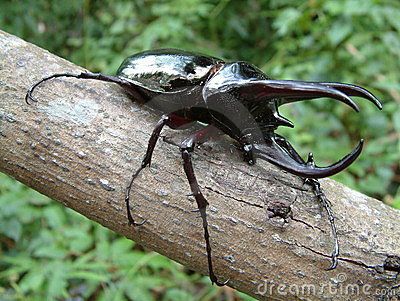 Pin
Pin Image by: dreamtime from Pinterest
The Amazon rainforest teems with an incredible array of insects, highlighting its rich biodiversity. Astonishingly, just one square mile can hold over 80,000 tons of ants, showcasing the immense scale of insect life. This staggering figure exemplifies the ecological complexity and the vital role insects play in the rainforest’s ecosystem.
15. A Bird Watcher's Paradise
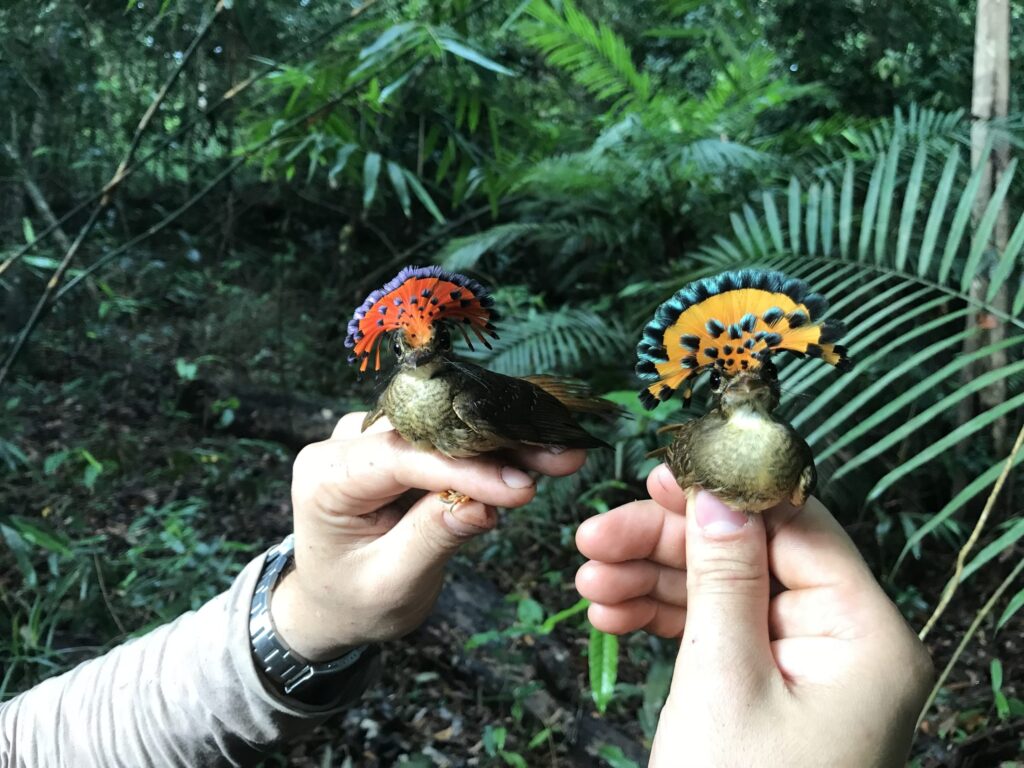 Pin
Pin Image by: The Academy of Natural Sciences
The Amazon rainforest, a bird watcher’s dream, is home to more than 1,300 bird species. Among its avian treasures is the vibrant macaw, a symbol of the rainforest’s colorful palette. This diverse habitat offers unparalleled opportunities to observe and study an astonishing variety of birds in their natural environment.
16. Seasonal Flood Forests
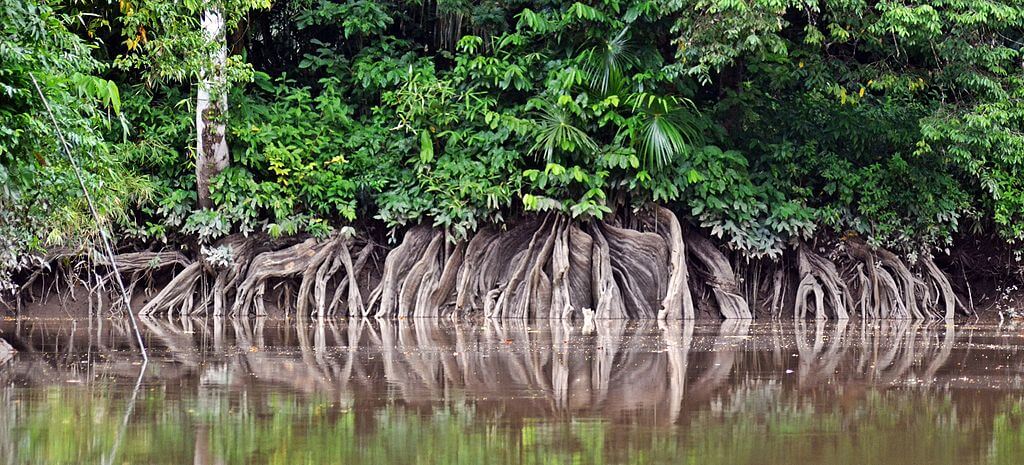 Pin
Pin Image by: Latin America & Caribbean Geographic
Varzea forests, also known as flooded forests within the Amazon, experience annual floods that transform the landscape into unique aquatic ecosystems. These seasonal inundations enrich the environment, fostering distinct habitats that support a wide array of life. This dynamic flooding cycle is crucial for the ecological diversity and productivity of these regions.
17. Important for the Global Climate
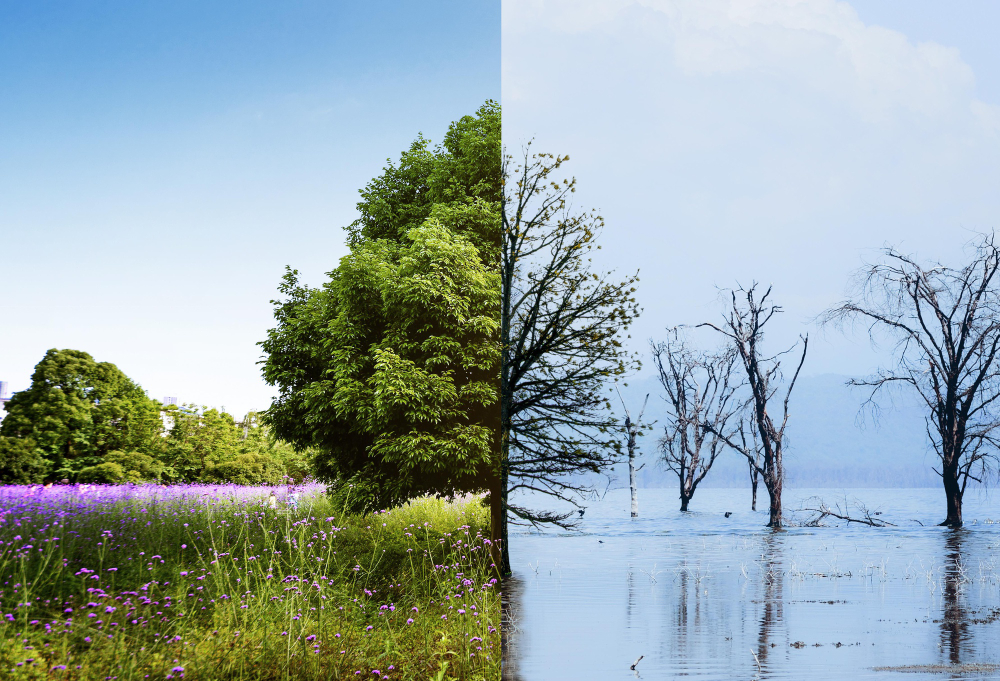 Pin
Pin Image by: Freepik
The Amazon Rainforest plays a pivotal role in influencing both global and regional climate patterns. Its vast expanse acts as a significant carbon sink, absorbing large amounts of CO2, which is crucial in mitigating climate change. Additionally, its ability to generate rainfall extends beyond its borders, affecting agriculture and weather elsewhere.
18. Largest Collection of Freshwater Fish
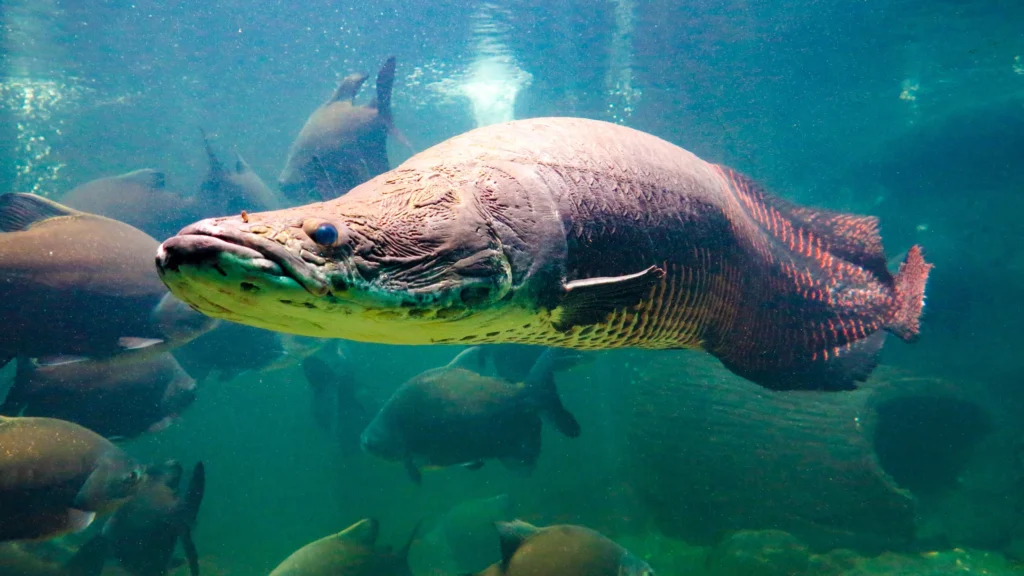 Pin
Pin Image by: American Oceans
The Amazon Basin is renowned for having the largest diversity of freshwater fish globally. This unparalleled aquatic habitat hosts thousands of species, ranging from the visually striking discus fish to the electric eel. This rich biodiversity not only underscores the ecological importance of the region but also highlights its role as a haven for aquatic life.
19. A Threatened Paradise
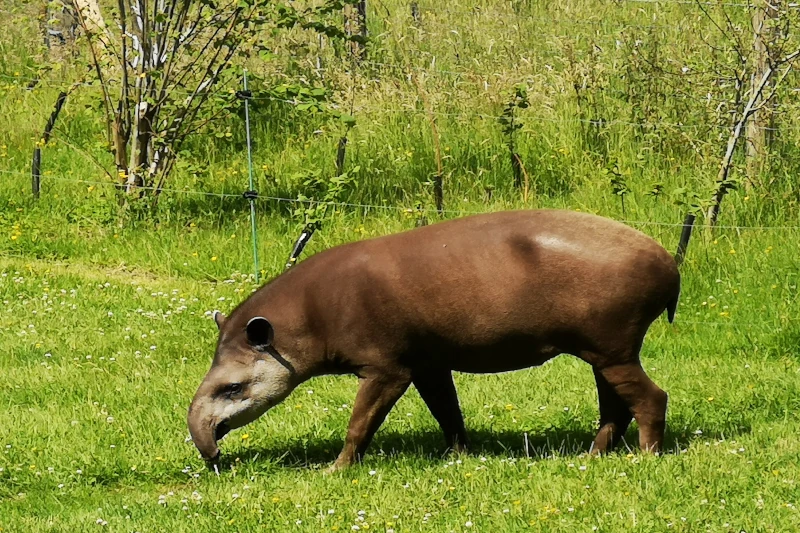 Pin
Pin Image by: Palotoa Amazon Travel
The Amazon, a beacon of global biodiversity and climate balance, faces severe threats from deforestation, mining, and agriculture. These human activities endanger its diverse species and ecological functions, posing significant global risks. The destruction disrupts carbon storage and rainfall patterns, highlighting the urgent need for protective measures.
20. Impressive Longevity
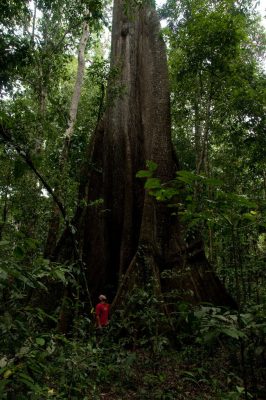 Pin
Pin Image by: GlobalGiving
In the heart of the Amazon, ancient giants stand tall, with some trees boasting a lifespan exceeding 1,000 years. These living relics, witnesses to centuries of history, underscore the rainforest’s resilience and ecological complexity. Their impressive longevity reflects the Amazon’s vital role in global biodiversity and environmental balance.
21. Nighttime in the Amazon
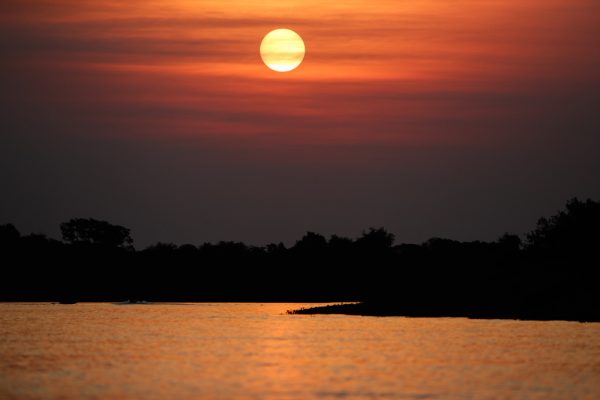 Pin
Pin Image by: Palotoa Amazon Travel
As darkness blankets the Amazon, it awakens to a chorus of nocturnal life. The elusive jaguar prowls its territory, while countless frogs and insects craft a symphony unique to the night. This shift reveals the rainforest’s vibrant alter ego, bustling with unseen activity and echoing the mysteries of nocturnal creatures.
22. Unique Ecosystems Within
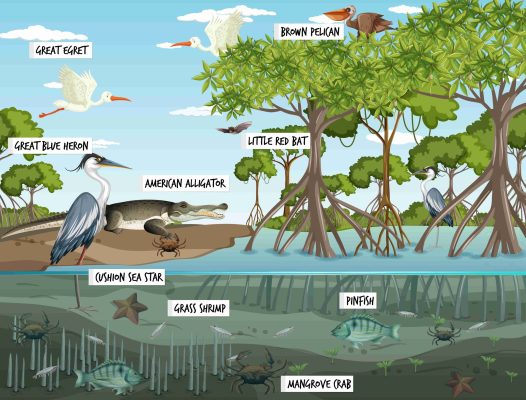 Pin
Pin Image by: brgfx from Freepik
The Amazon’s marvel extends beyond its iconic rainforest, embracing a mosaic of unique ecosystems. From sprawling savannas to waterlogged swamps and mystical cloud forests, each habitat contributes to the region’s unmatched biodiversity. This diversity of landscapes houses a variety of species and ecological processes, illustrating the Amazon’s ecological complexity.
23. Source of Rivers
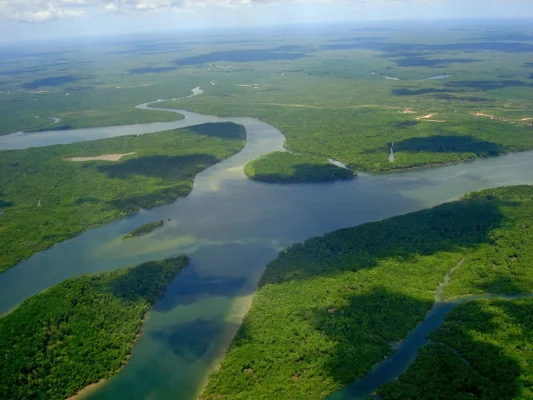 Pin
Pin Image by: Britannica
The Amazon River, a lifeline of biodiversity, is fed by over 1,100 tributaries, many veiled in mystery and awaiting exploration. These vital waterways traverse the rainforest, enriching its ecosystems and supporting countless species. The network’s vastness and uncharted territories underscore the Amazon’s immeasurable ecological significance.
24. Climate Change Impact
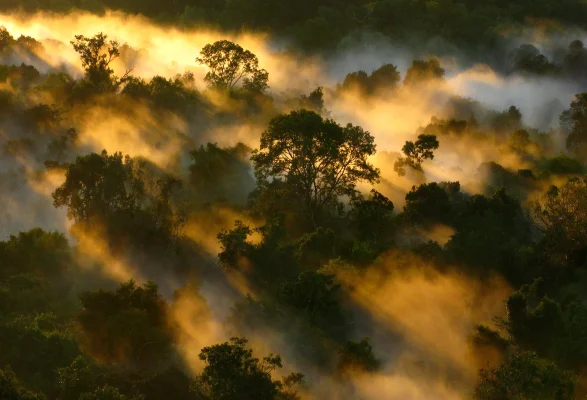 Pin
Pin Image by: WIRED
Climate change threatens the Amazon, forecasting altered rainfall patterns and more frequent droughts. Such environmental shifts jeopardize the rainforest’s health, affecting its biodiversity and ecological functions. This underscores the urgency of combating climate change to preserve the Amazon’s vital global role.
25. A Source of Inspiration and Wonder
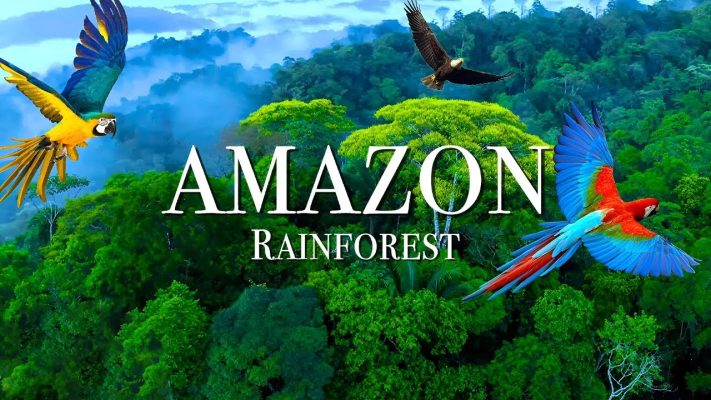 Pin
Pin Image by: WIRED
The Amazon, transcending its critical ecological role, has captivated explorers, scientists, and nature aficionados globally. Its sheer magnitude and mystery inspire wonder and intrigue, serving as a limitless source of fascination. This enchantment fuels the drive to understand, explore, and ultimately protect this invaluable natural treasure.
The Amazon Rainforest is a treasure trove of biodiversity and natural beauty, playing a crucial role in the Earth’s ecological balance. Preserving this natural wonder is not just a local or national responsibility, but a global one.


















